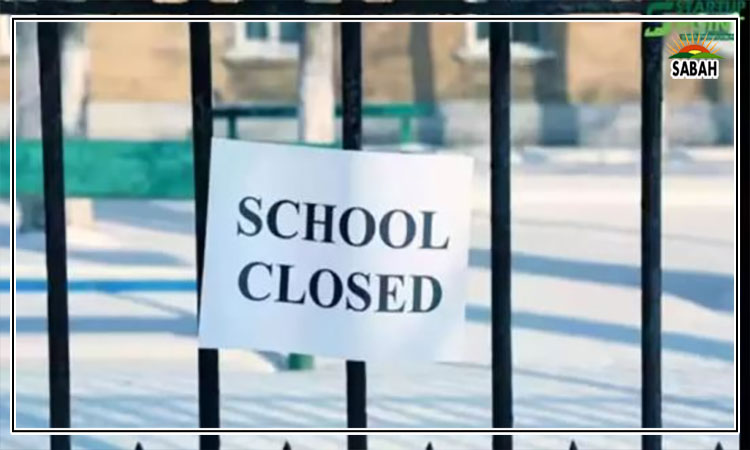COVID19: 2023 and beyond…Dr Rana Jawad Asghar
Three years ago, in mid-January 2020, I reached out to then Health Minister, Dr Zafar Mirza, about a new disease which was spilling outside China. Only 500 cases were reported and only a few outside China, all linked to travel. Reported deaths were only 25. Within a week a high level Core Committee for novel Coronavirus disease (COVID19) was formed by the Ministry of Health. I along with Dr Faisal Sultan (CEO SKMCH, later health minister) and Dr Faisal Mahmood (chief Infectious Diseases AKU) were three non-governmental advisers in this committee. With very limited information about the disease, it was a daunting task to come up with the Pakistan strategy for COVID19 control, but the committee was successful in doing so in the shortest possible time. In the early days of the pandemic when there was still no case reported in Pakistan, daily numbers in China were critically important to us. Hope was that if China could quickly control the Wuhan outbreak, the risk to other countries would be less. However very quickly it was realised that genie was out of the bottle. At that time, I started advocating mitigation plans as no containment strategy could have stopped such an infectious virus at the borders. First reported case of COVID19 came on 26th February and thus we had around five weeks to prepare.
For all practical purposes COVID19 has become a distant memory now. Even people like me who were religiously using masks indoors are using it less often. I have also started international travel and airports and planes are bustling with people again. Indoor parties have started again and mask mandates are gone from everywhere. Seems like that pandemic is over.
According to WHO, in the last eight weeks more than 170,000 people have died due to COVID19. As reported numbers are always a small subset of actual COVID19 deaths, we could multiply these deaths to five or ten times, and it will still be a conservative estimate. Where deaths immediately after a COVID19 infection may have fallen, the understanding of long-term health effects of even a mild infection is evolving (Long COVID). According to a new study, COVID19 patients may have five times more risk of dying of cardiovascular events even after 18 months of their original infection. Similarly pregnant women infected with Coronavirus have seven times higher risk of dying as compared to non-infected pregnant women. Another study found that subsequent or repeated COVID19 infections make you more vulnerable to ill health effects including higher mortality compared to those who just had one infection. However, some feel that repeated infections (if you survive) will eventually give you a lasting immunity.
Most countries have stopped reporting daily COVID19 numbers and deaths and surveillance systems are pretty much gone for all practical purposes. Risk of any COVID19 variant turning deadlier is not gone but strict preventive measures are also not sustainable. Vaccines do provide protection against severe disease and death but are not 100% effective in preventing transmission. New bivalent vaccine reduces the risk of death 18 times as compared to non-vaccinated. FDA is mulling recommending yearly booster dose for COVID19 as it advises for flu vaccine.
However, uptake of these annual shots is going to be challenging for public health departments around the world. Therefore, we, as a society, need to decrease the risk of COVID19 infections in our houses, schools and workplaces. This could be easily done reverting back to the way houses were built a couple of decades back. Good ventilation alone could reduce infection risk 18 times. That is low cost, sustainable intervention which will also reduce risk of flu and other respiratory diseases. Also dont feel embarrassed if you have to wear a mask in a badly ventilated public place. You are protecting them before your own protection. COVID19 future is uncertain but we have enough lessons to evolve our lifestyles to stay protected from SARS-COV-2 and other respiratory viruses.
Courtesy The Express Tribune












